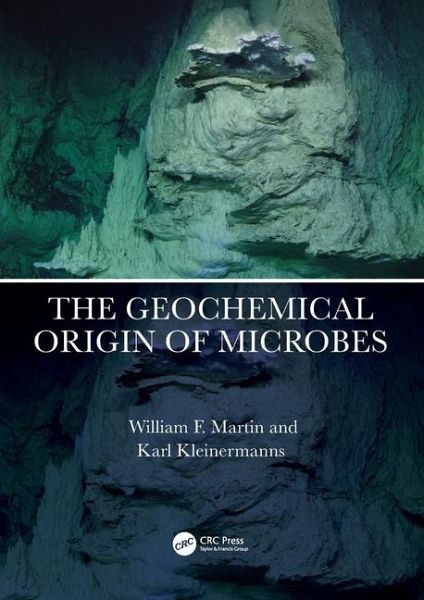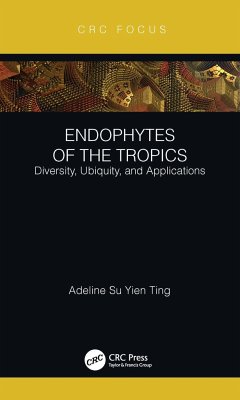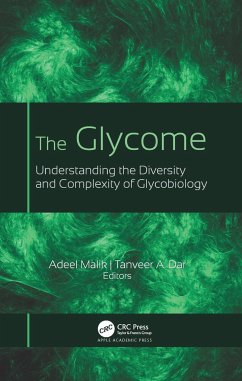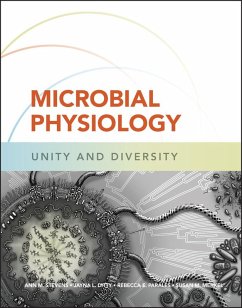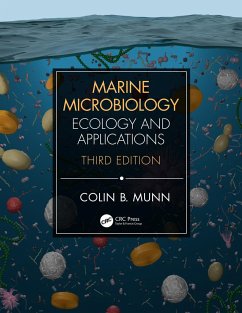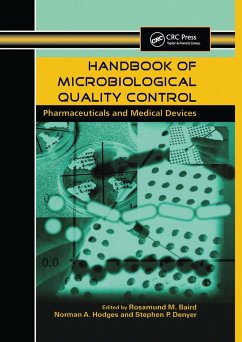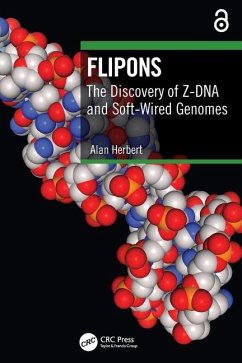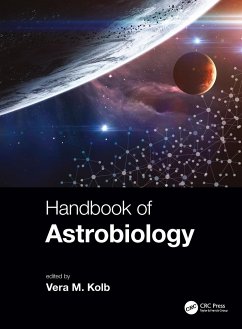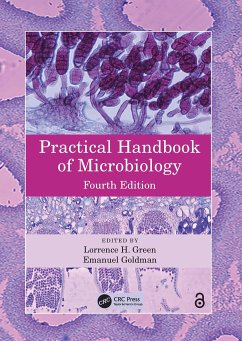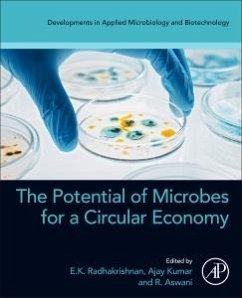The Geochemical Origin of Microbes
Versandkostenfrei!
Versandfertig in 1-2 Wochen
Weitere Ausgaben:

PAYBACK Punkte
55 °P sammeln!




This is a textbook covering the transition from energy releasing reactions on the early Earth to energy releasing reactions that fueled growth in the first microbial cells. It is for teachers and college students with an interest in microbiology, geosciences, biochemistry, evolution, or all of the above.
William F. Martin received his undergraduate (diplom) degree in biology 1985 from the Technische Universität Hannover and his Ph.D. in Genetics 1988 from the Max-Planck-Institute for Breeding Research in Cologne on molecular evolution. He completed postdoctoral work at the Technische Universität Braunschweig with a habilitation on the evolution of primary metabolism. Since 1999 he has held a chair in Biology at the University Düsseldorf as head of the Institute of Molecular Evolution. Author of more than 350 scientific publications that have been cited over 45,000 times, he has served as referee for 135 different journals, 50 different funding agencies, as editor for 16 different journals and as panelist on various advisory boards. He is an Elected Fellow of the Nordrhein-Westfälische Akademie der Wissenschaften, the American Academy for Microbiology, the European Molecular Biology Organisation, and Corresponding Foreign Member of the Accademia delle Scienza di Bologna. His distinctions for work on molecular evolution include the Heinz-Maier-Leibnitz Prize of the Deutsche Forschungsgemeinschaft in 1990, a Julius von Haast Fellowship from the New Zealand Ministry for Science in 2006, the Klüh Foundation Award for Science and Research in 2018, and the Motoo Kimura Award of the Motoo Kimura Trust Foundation in 2023. Since 2009 his work has been funded by three Advanced Grants from the European Research Council. His main scientific interests are chemical and biochemical evolution, endosymbiosis, microbial evolution, and early evolution including the origin of microbial cells. Karl Kleinermanns received his diplom degree in chemistry at the RWTH Aachen and his Ph.D. in Physical Chemistry at the Max-Planck in Göttingen about laser induced chemical reactions. He then completed a postdoctoral fellowship at the IBM research laboratories in San Jose, California and a habilitation about kinetics and dynamics of elementary oxidation reactions at the university Heidelberg. 1984 he received the Heinz-Maier-Leibnitz prize of the Deutsche Forschungsgemeinschaft (DFG) for his work about chemical reaction dynamics. 1989 he followed a call to the chair of Physical Chemistry at the University Düsseldorf as head of the Institute of Molecular Spectroscopy and Nanosystems. He had several honorary offices as lead consultant of the Deutsche Forschungsgemeinschaft, chair of Molecular Physics department of the Deutsche Physikalische Gesellschaft and member of its board, member of the prize committee of the Bunsengesellschaft für Physikalische Chemie, member of the panel of the European Research Society, chair of the "Scientific Advisory board" of the Max-Born institute in Berlin and member of the "Editorial Advisory Board of CHEMPHYSCHEM - A European Journal of Chemical Physics and Physical Chemistry". He is author of more than 200 peer reviewed scientific publications and editor and coauthor of the textbook of experimental physics "Gase, Nanosysteme, Flüssigkeiten". His main scientific interests in Düsseldorf were spectroscopic investigation of intermolecular interactions between nucleobases of RNA and DNA and short peptides and their aggregates using lasers of high spectral resolution and femtosecond lasers. Further research interests were the development of solar cells based on inorganic nanoparticles and environmental projects with industrial partners based on an own laboratory for organic trace analysis in complex mixtures.
Produktdetails
- Verlag: Taylor & Francis Ltd
- Seitenzahl: 250
- Erscheinungstermin: 27. Juni 2024
- Englisch
- Abmessung: 297mm x 210mm x 14mm
- Gewicht: 720g
- ISBN-13: 9781032457673
- ISBN-10: 1032457678
- Artikelnr.: 69482143
Herstellerkennzeichnung
Libri GmbH
Europaallee 1
36244 Bad Hersfeld
gpsr@libri.de
Für dieses Produkt wurde noch keine Bewertung abgegeben. Wir würden uns sehr freuen, wenn du die erste Bewertung schreibst!
Eine Bewertung schreiben
Eine Bewertung schreiben
Andere Kunden interessierten sich für




